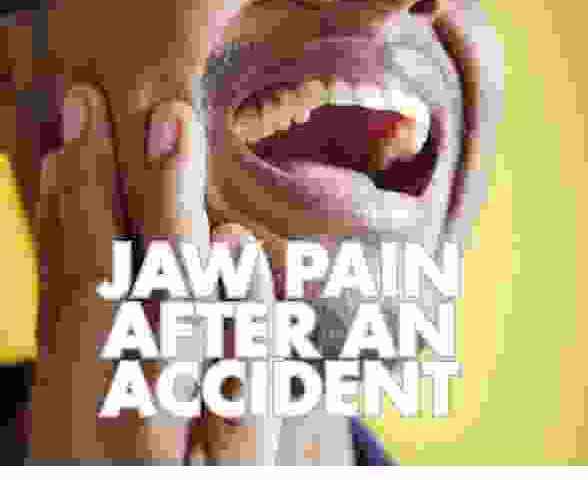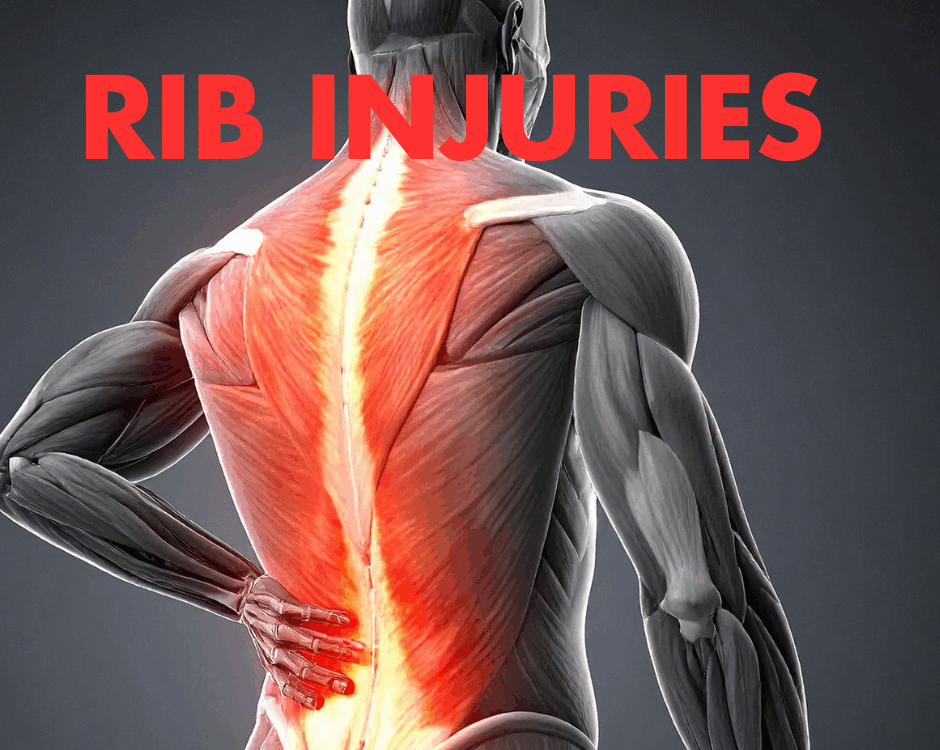Jaw Pain After a Car Accident

Brain Fog
April 25, 2025
How Many Shoulder Injuries Can Occur After an Accident?
April 25, 2025- Accident doctor
- accupuncture
- airplane headache
- alzheimer's
- best habits
- Brain Injuries
- car accident
- car accidents
- cervical strain
- colds
- concussion
- Concussions
- disc bulge
- dosage meds
- dry needling
- dull pain
- E bike injuries
- florida
- good posture
- headaches
- Headrest positions
- Headrest positions after an accident
- Healthy choices
- Healthy flying
- healthy gift guide
- Healthy SPring Ideas
- hip pain
- hyperextension
- injury doctor
- insurance
- Kayaking
- kentucky
- kids motion sickness
- lifestyle
- motion sickness
- neck injury
- no fault insurance doctor
- noise healing
- osteoporosis
- pain symptoms
- pink noise
- posterior chain
- posture
- prevent osteoporosis
- Rest
- Scoliosis
- shoulder pain
- Stress with kids after a motor vehicle accident
- TBI
- tips
- tmj
- torn muscle
- Traumatic Brain Injury
- trigger points
- VitaminD
- What are Post Traumatic headaches?
Why Does My Jaw Hurt After a Car Accident?
A motor vehicle accident (MVA) can leave you with more than just a sore neck or a banged-up bumper. You may find your jaw starts giving you complaints. It is not the first injury you would think of following an MVA, but it is common enough to ask about jaw clicks and aches days later. I have seen some patients have so much jaw pain they had to be referred to a specialist for surgery. This is a rare occasion, but you may suffer pain for years if it is never looked at. So, what happens before and after an MVA that can cause such a problem with the jaw? I am Dr. Aaron Workman, a team member of one of the highest rated car accident medical care facilities in Kentucky, and I will discuss injuries to the jaw as a result of a car collision.
TMJ Trouble
Your temporomandibular joint, called the TMJ, is that little hinge near your ears, working hard when you talk, eat, or yawn. An MVA can throw it off balance with whiplash being a large contributor to the issue. That quick snap of the neck not only strains the spine but the force tugs on the muscles and ligaments around the TMJ, leaving it sore or misaligned. It is not uncommon to review a patient’s symptom chart and only their neck is marked as painful. Then, days later they find their TMJ to be popping and sore. When asked the right questions, we learn there is usually a little ear pain on that side, ringing in the ear, or even mild headaches. If these problems were not present before the accident, they should be documented following an MVA.
Crash Impact
Direct hits count too. Airbags save lives, but when they hit your face at 100-200 miles an hour, your jaw might take the brunt. This could bruise the joint or even cause a fracture. Other direct traumas can include the steering wheel, window or even a dashboard. It may cause you to be dazed for a while and not notice the jaw pain until your first meal. Even a seatbelt’s yank across your chest can twist your head enough to tweak the TMJ. Do not forget how all the bones are connected.
Stress Piles On
After a motor vehicle accident, your brain is on a loop, replaying the crash, and your jaw might be clenching without you knowing. Grinding your teeth at night or tensing up during the day can inflame the TMJ, turning a minor ache into a major gripe. Pain can radiate to the face and scalp, ears ringing, headaches in the background, even neck stiffness which can be common for those suffering whiplash.
TMJ issues can be missed if you find yourself in the emergency room following an MVA. Stability is the biggest concern immediately and the spine and head may receive all the attention. Your adrenaline can do a good job at pain relief initially but will eventually wear off. If you notice the jaw clicking, throbbing, or locking a week later then it is more than just soreness. This is not something to tough out and may need some help. Rest the jaw with soft food, skip gum chewing, utilize ice on the area and call the doctors at Chambers Medical Group to get some proper help.
— This article is written by Aaron Workman, DC, one of the members of Chambers Medical Group’s team of car accident chiropractors who offer a variety of treatments and therapies ranging from diagnostic testing to various soft tissue therapies for car accidents and injuries in Kentucky.




